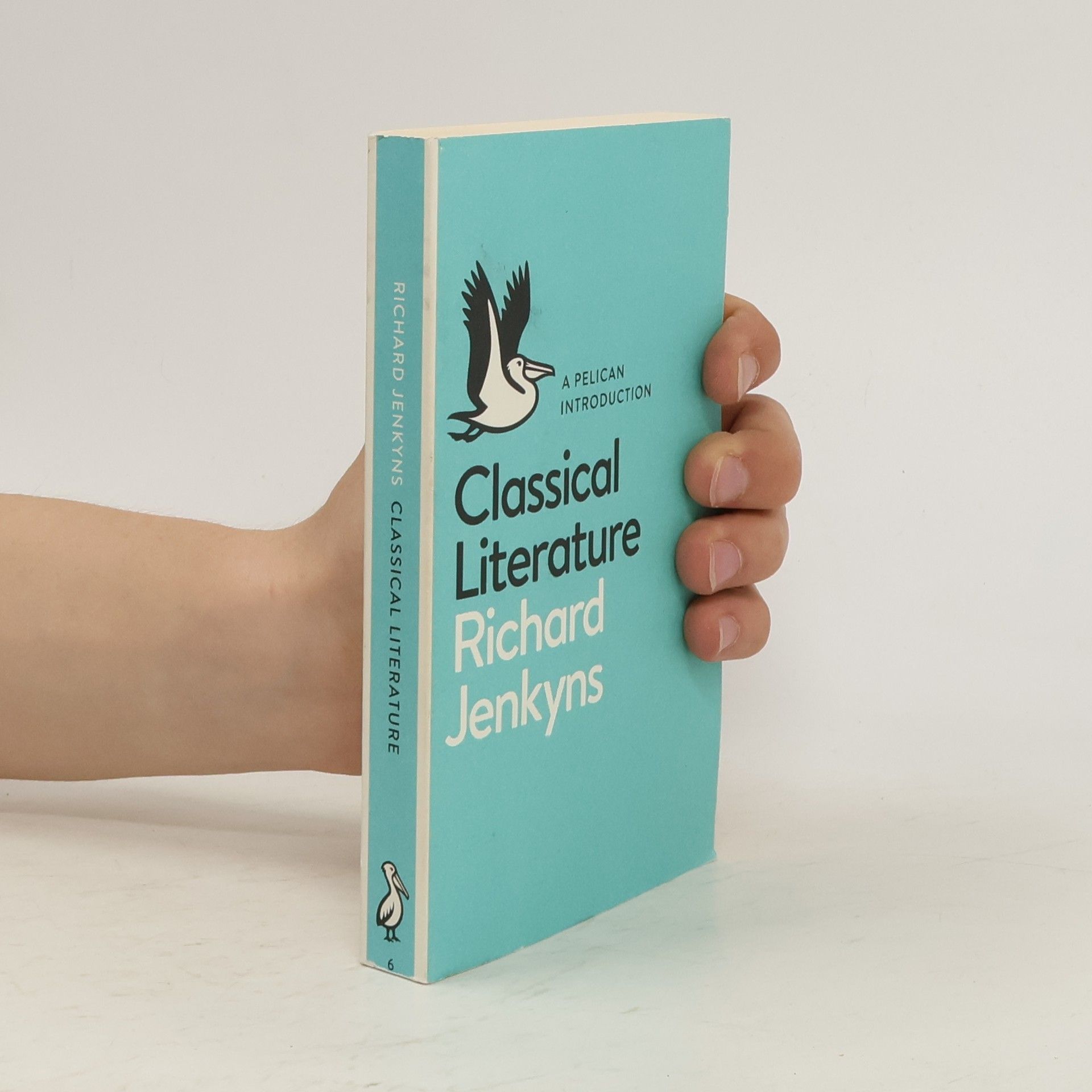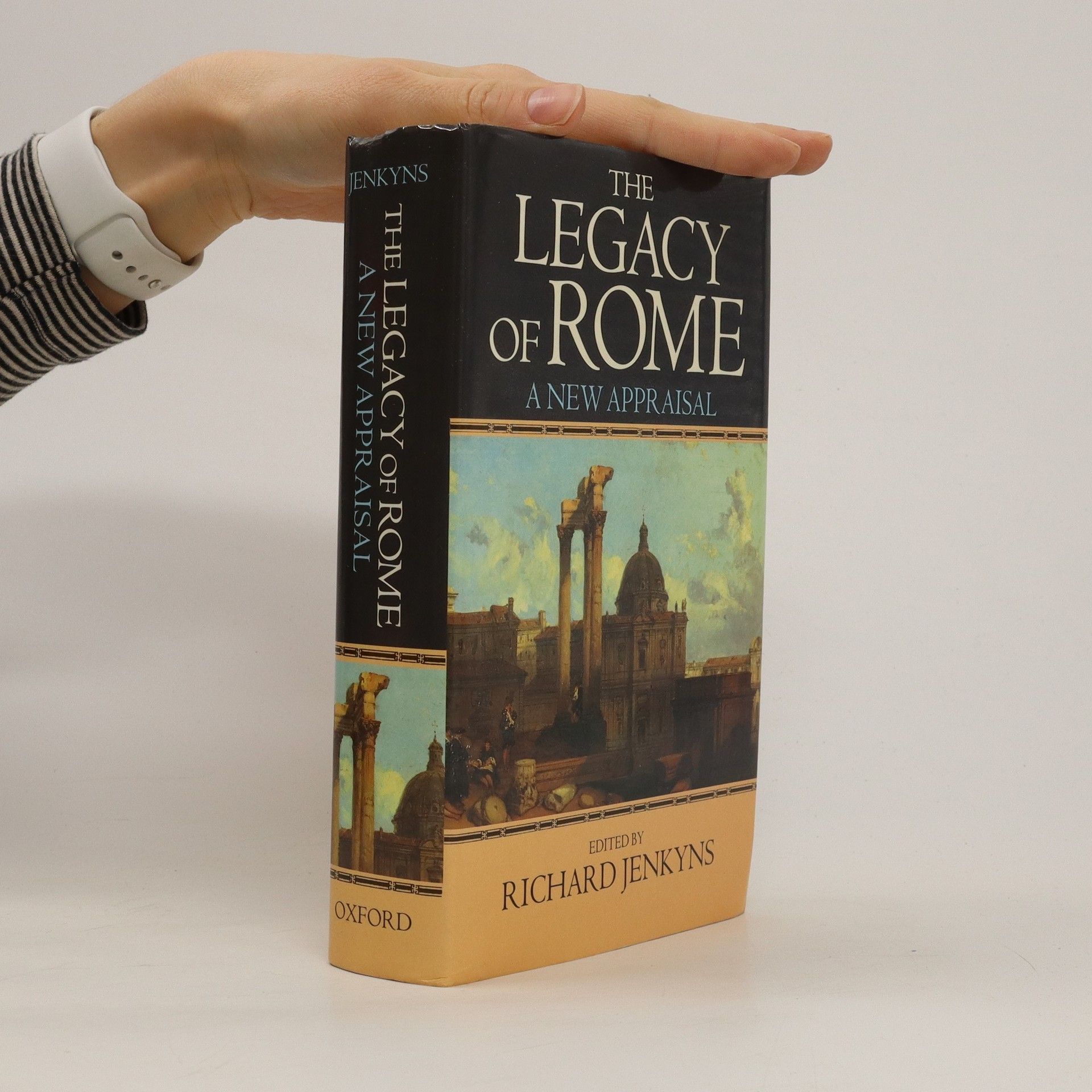The Legacy of Rome
- 518 Seiten
- 19 Lesestunden
Long considered the standard introduction to Rome's influence on later centuries (the original was published in 1923), this completely new edition of the classic work brings together the latest scholarship in the field. Unlike the previous version, which focused on such narrow topics as commerce and administration, the new edition broadens the spectrum of influence, showing the impact, for example, of Roman literature, art, politics, law, and language on western civilization. With 24 pages of plates. Annotation copyrighted by Book News, Inc., Portland, OR


